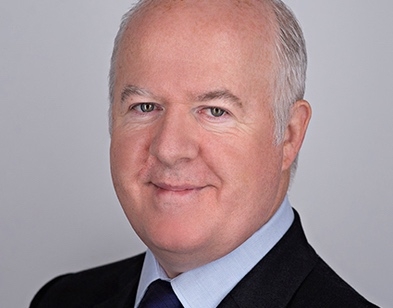With all the problems in the SIPP sector over the past few years SIPPs should be dead and buried by now.
Yet they are not, far from it in fact.
That’s not to diminish the huge problems the failure of some SIPP firms has caused investors over the past few years, along with the court cases, FCA investigations and FSCS claims.
A slew of dodgy investments which some SIPP providers unwisely accepted a decade ago has resulted in some firms collapsing of having to merge with bigger firms.
Yet, while the headlines have often been bad in recent times, in the background the SIPP sector has been quietly getting on with its work and has been far more resilient than expected, as the latest figures show.
According to the latest FCA Product Sales Data analysed by pension consultants Broadstone, SIPP sales rose in 2022 to their highest levels since 2018.
There was a significant dip in sales in 2020 but both 2021 and 2022 saw a strong recovery with sales up something like 20% since 2020.
After a drop to 740,410 sales in 2020, sales increased by 15% to 852,019 in 2021 and then by a further 5% to reach 895,137 in 2022.
Nearly 900,000 SIPPs were arranged overall in 2022.
I think the word ‘sales’ is a little unfair here as the only sale is the SIPP wrapper. The investments within them are often carefully put together by Financial Planners and this is all about sales, not advice.
It’s not immediately clear from the sales figures what the breakdown is between advised and non-advised SIPPs but the data for personal pensions overall, which would include SIPPs, shows that advised SIPPs have been on the rise. In Q4 2022, for example, there were 213,049 SIPPs arranged by financial advisers compared to 160,902 in Q4 2021.
Non-advised or direct sales are higher but are growing more slowly. There were 392,932 non-advised personal pension sales in Q4.
All this tells us a few things about the market. SIPPs remain popular with clients and may be getting more popular; advised sales are growing and sales are bouncing back.
It looks like pension savers opting for SIPPs are, at least in their own minds, separating the bad old days of 10 years ago from the mostly fund-based, modern and low cost SIPP plans available today. Arranging a SIPP is as easy as going online now. Many, more sophisticated investors will, of course, want to retain the right to invest in more specialist investments but that’s a small part of the overall market.
SIPPs are not right for everybody, of course, but the desire of pension savers to control their own pension plan is strong and looks to be growing. That's encouraging although the bias to non-advised sales suggest many are perhaps taking more risk than they need.
However, as long as they avoid storage pods, sketchy hotel developments in the Caribbean and esoteric investment in green fuels most should do ok and long term their prospects should be decent. Most will be investing in equity-based funds which make a lot of sense.
While auto-enrolment has been a huge success with over 10m auto-enrolment pensions set up, it may be time to cheer the SIPP sector a little. It’s been battered and bruised but it shows every sign of having plenty of longevity whatever the critics may have forecast.
• If you are not already registered for Financial Planning Today please sign up now to view more stories for free. Just click on a couple of stories to see the pop-up registration box.
> Top Tip: Follow Financial Planning Today on Twitter @_FPToday for breaking news and key updates. Sharper readers will have noticed our Twitter updates on the front page have disappeared. This was due to some muskiness in the code which is being worked on. We'll bring it back as soon as we can.
Kevin O'Donnell is editor of Financial Planning Today and has worked as a journalist and editor for over three decades.

